Many salt stores on online food delivery sites in the coastal province of Fujian, as well as in some areas of Beijing and Shanghai, China, have been “sold out,” Reuters reported.
The reason for this situation is that the General Administration of Customs of China announced that this country will suspend the import of all aquatic products from Japan from August 24 to ensure food safety and protect people's health after Japan began discharging nuclear waste into the Pacific Ocean .
“I didn’t think I needed to stock up on salt, but seeing people rushing to buy it this morning, I quietly ordered 10 packs. I buy lake salt and salt from salt mines. I avoid sea salt now,” one resident wrote on Twitter.
Images on social media showed empty shelves in a supermarket in Beijing, while media reports said shares in some Chinese desalination companies had risen as much as 10%.
Faced with this situation, industrial groups and governments in the coastal provinces of Fujian and Guangdong have tried to reassure consumers.
Officials in Fuzhou city, Fujian, said on social media that they will ensure the stability of the supply chain and sufficient reserves of food salt, and called on people to buy salt reasonably according to their needs.
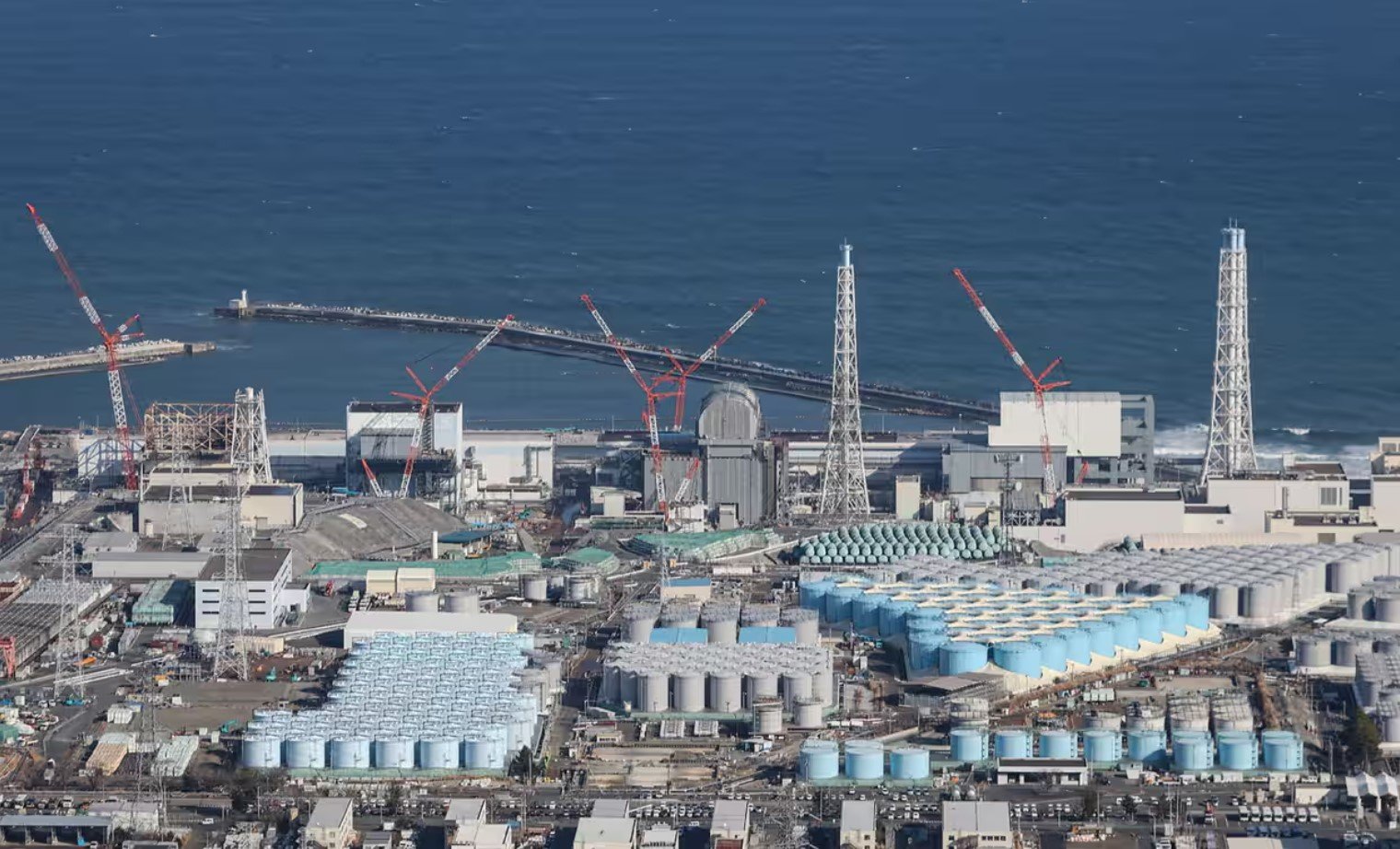
An aerial view of the wastewater storage tank at the Fukushima nuclear power plant in Japan. Treated wastewater will be released from the plant over a period of 17 days, starting on 24 August. Photo: The Guardian
Guangdong Salt Industry Group said the provincial government has sufficient salt reserves, and its tests show that locally produced sea salt is safe.
The director of the China Salt Industry Association also affirmed that China has strict regulations on food safety, and domestic salt production is sufficient to meet demand, so customers should not stockpile this spice.
According to China Salt Group, 87% of salt products in China are well salt, 10% are sea salt and 3% are lake salt, and the production of well salt and lake salt is not affected by the discharge from Japan's nuclear power plant.
Japan accounts for less than 4% of China's total seafood imports, customs data show, even though it supplies all of China's bluefin tuna imports.
The Fukushima nuclear power plant was destroyed by a tsunami in 2011. The discharge of wastewater from the plant was approved by the United Nations nuclear watchdog last month and by the Japanese government two years ago, but has faced opposition from many countries, especially China and South Korea.
However, despite this opposition, Japan began discharging treated radioactive wastewater from the Fukushima plant on August 24 .
Nguyen Tuyet (According to Reuters, China Daily)
Source





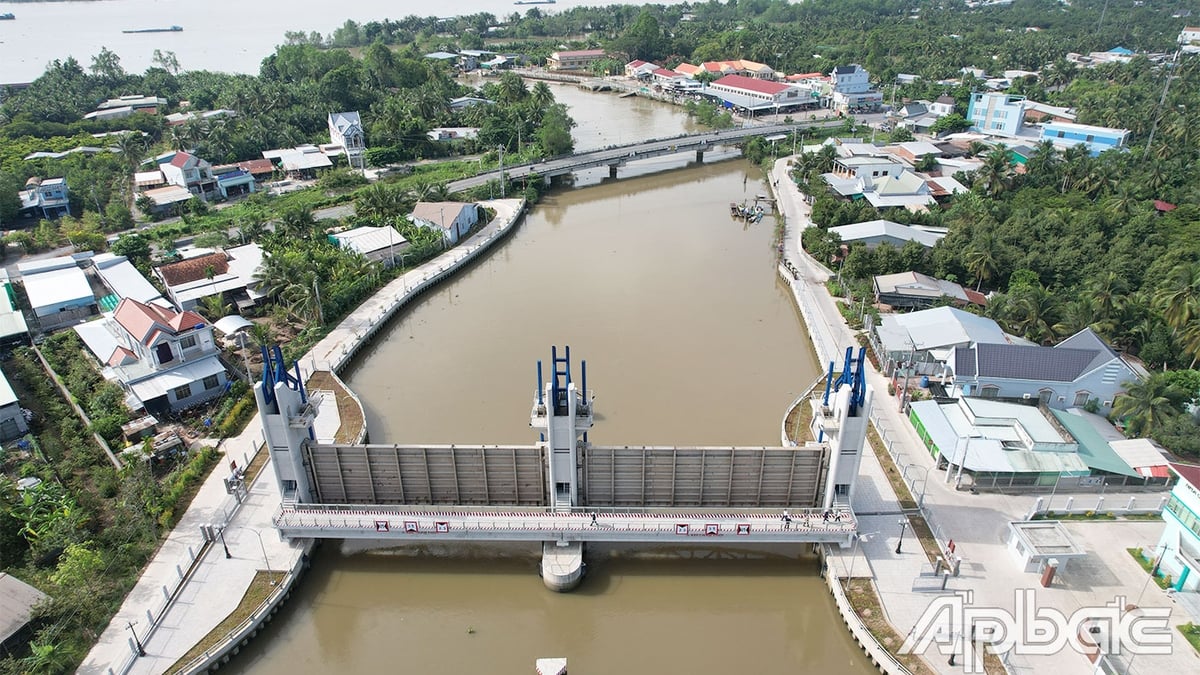
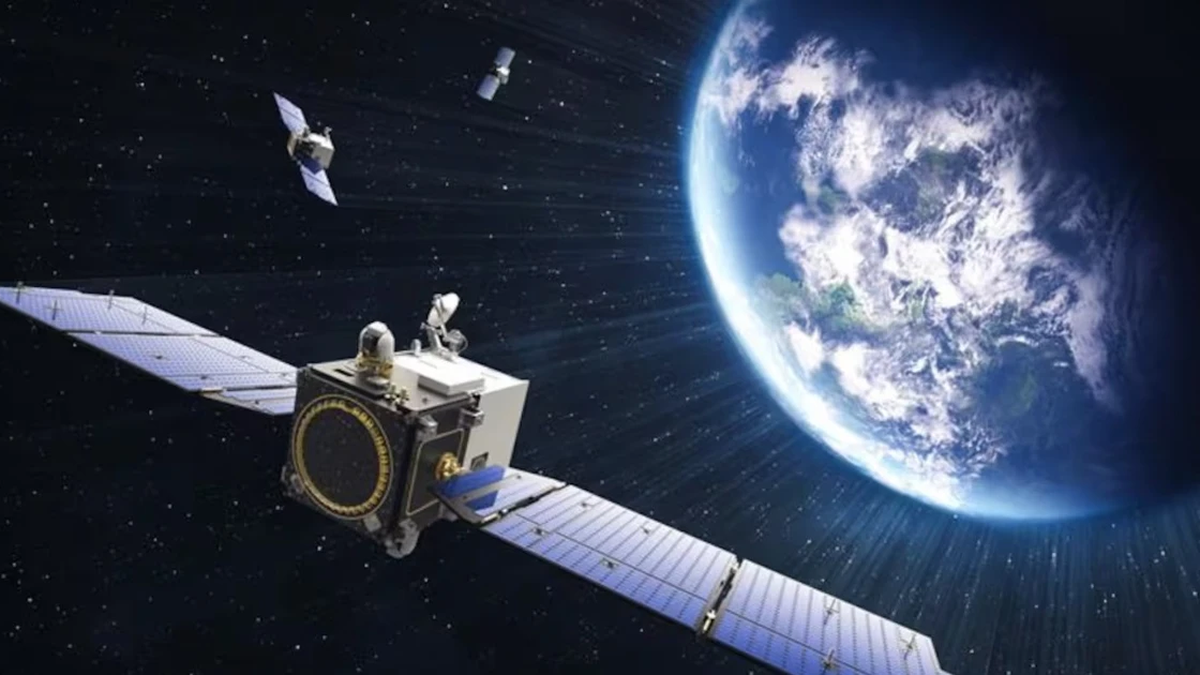
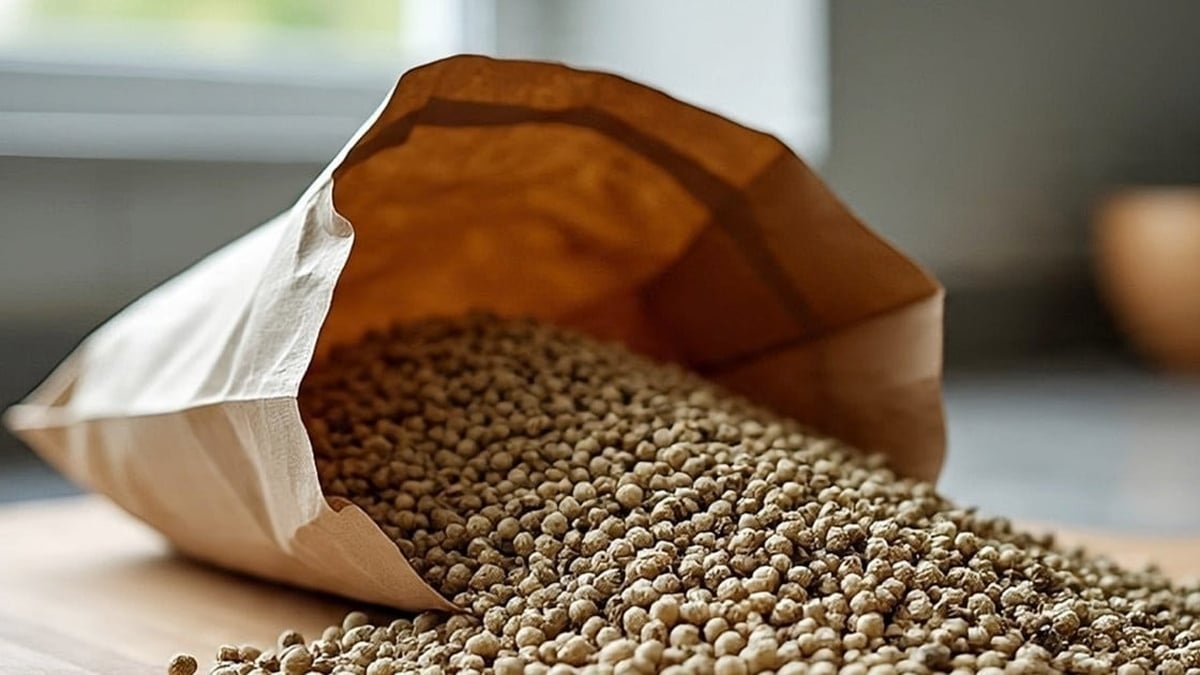


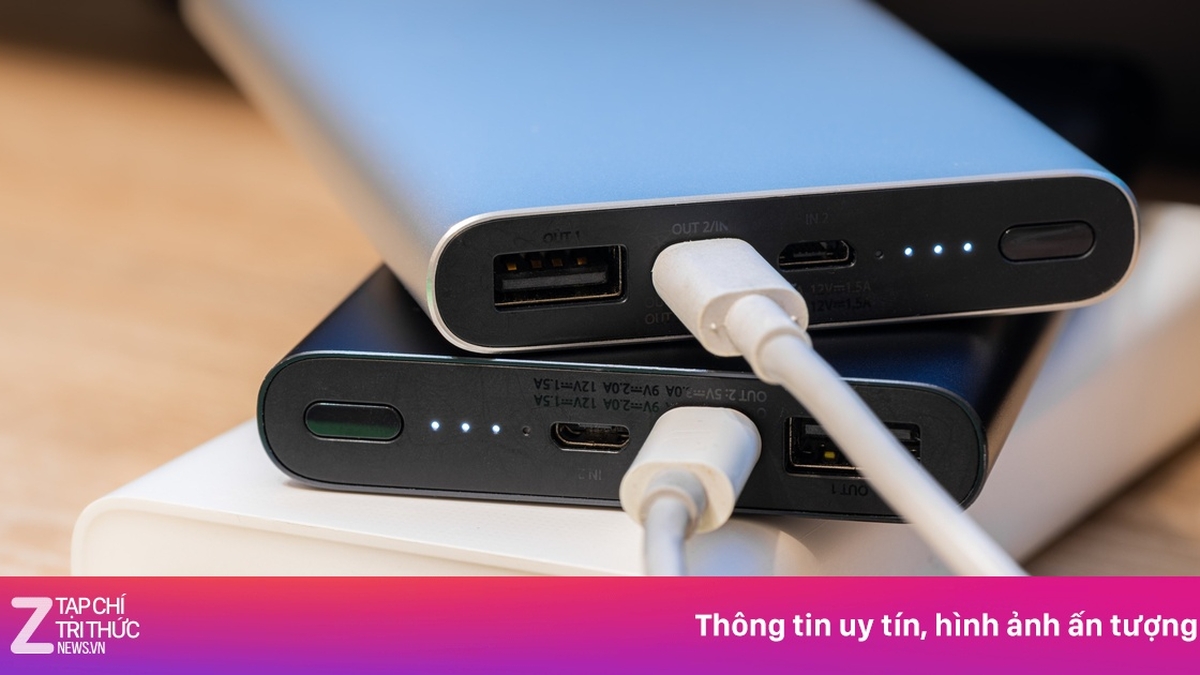
























































































Comment (0)